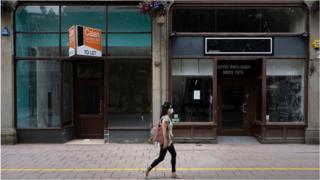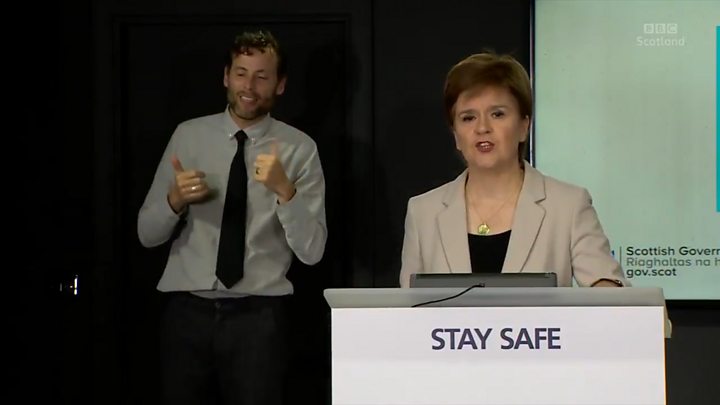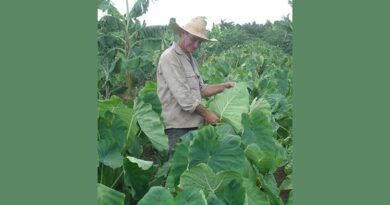‘Raise sick pay’ to lower virus health and economic risk
 Image copyright Getty Images
Image copyright Getty Images Statutory sick pay should be increased and the furlough scheme extended on a flexible basis, new research suggests.
Doing so would better manage a «crude» trade-off between lives and livelihoods as the UK economy reopens.
These are two of the recommendations in a new report from the Royal Society.
It says economic and health data should be combined to produce the best economic outcome at the smallest loss of life. The government says it has already protected 9.6 million jobs.
The report by Professors Sir Tim Besley and Sir Nicholas Stern warns that an abrupt and premature easing of restrictions would lead to a second wave of infections that would mean both a higher death toll and ultimately a greater hit to the economy.
Flexible furlough
The report is published a day after data showed the UK suffered the biggest economic hit of the world’s richest nations between April and June while also incurring the highest number of excess deaths to date in Europe.
It argues that as the furlough scheme – which has supported the wages of 9.6 million workers – is phased out, statutory sick pay of £95.85 a week is a major disincentive for workers to self-isolate.
This, in turn, makes efforts to successfully implement Track Trace and Isolate schemes almost impossible.
A review of sick pay policy along with the extension of a more flexible furlough scheme would help mitigate both health and economic risks.
‘Targeted’ help
The blanket phasing out of the current furlough scheme across all sectors by October is not sufficiently sensitive to the risks of a second wave of infections, the report argues.
«I think the furlough scheme in its current form is almost certainly going to have to be modified to be more targeted towards occupations that can’t resume anywhere near their normal level of activity,» said Sir Tim Besley, professor of economics at the London School of Economics and co-author of the report.
«If people are being asked to self-isolate they need to be cushioned against the economic consequences of that».
Professors Stern and Besley also recommend minimising the rotation of staff between different shifts and the introduction of subsidised workplace testing – particularly in sectors where close contact is hard to avoid.
Risk of repeat
Combining economic and health data to optimise policy response will require high quality data and the report encourages the gathering of more detailed information from financial institutions to track the economic impact of policy interventions.
Without it, the report says, the UK risks repeating its experience of suffering the worst of both worlds.
The government insists it has protected jobs and offered help to those needing it.
«We’ve protected more than 9.6 million jobs through the furlough scheme, supported more than two million self-employed people and paid out billions in loans and grants to thousands of businesses,» a Government spokesperson said.
«And for those in most need, we’ve provided an unprecedented package of support including injecting £9.3bn into the welfare system, mortgage holidays and additional help for renters.
«We’ve also made sick pay payable from day one and will refund employers with up to 250 staff the cost of up to a fortnight’s sick pay. Employers can, and many do, pay more than the statutory rate – something we encourage.»


